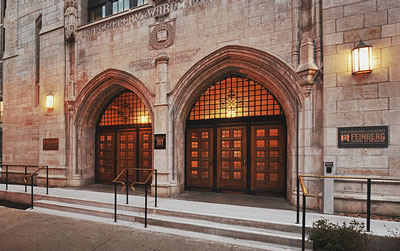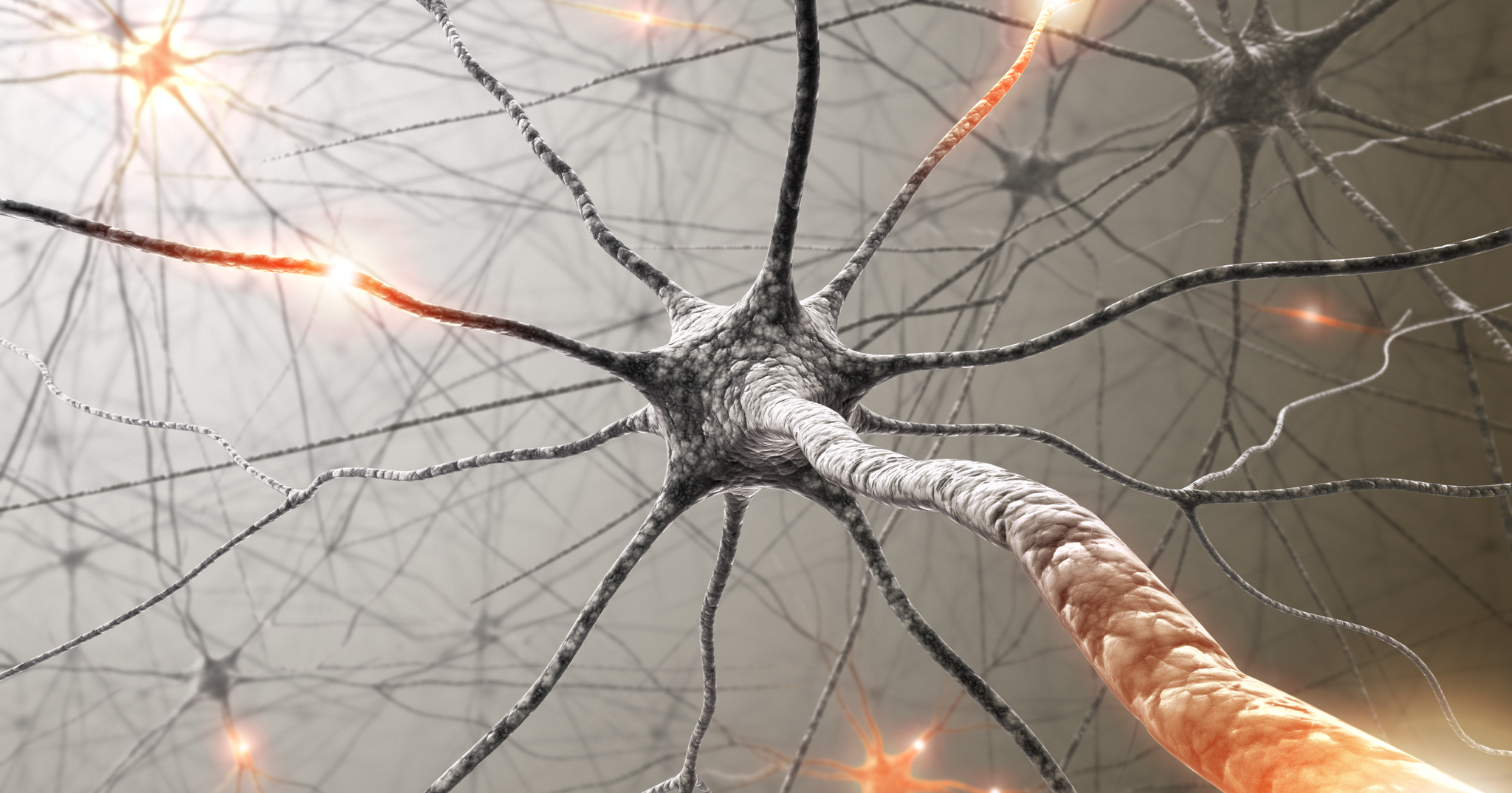Author: medweb
-

Toxic Genetic Material’s Origins Discovered
A Northwestern Medicine study found a novel chemical transformation in the formation of colibactin, a toxic agent produced by gut bacteria, including certain strains of E. Coli.
-

Understanding Key Enzyme’s Role in Embryonic Development
A new Northwestern Medicine study reveals surprising findings about an enzyme called Set1A and its function in embryonic stem cell self-renewal and differentiation.
-

Feinberg Professor Strives to Reduce Gunshot Mortality in Chicago
Mamta Swaroop, MD, associate professor of Surgery, leads the Chicago South Side Trauma First Responders Course, a free program giving Chicago community members the tools to render first aid to trauma victims.
-

TIME Lectures Highlight New Ideas and Innovations in Medical Education
The school year’s first TIME talk, a monthly lecture series at Feinberg on innovations in medical education, was dedicated to reducing gender disparities in the field of surgery.
-

Annual Driskill Day Celebrates DGP Students and Faculty
At Driskill Day, students, alumni and faculty gathered to showcase research and celebrate excellence throughout the Driskill Graduate Program in Life Sciences.
-

Incoming PhD Students Arrive on Campus
Feinberg recently welcomed dozens of new PhD students to campus, including students in the Driskill Graduate Program in the Life Sciences and the Northwestern University Interdepartmental Neuroscience Program.
-

Scientists Discover Novel Mechanism Underlying ALS and Related Dementia
A study has identified a new mechanism for how a gene mutation leads to the death of neurons in amyotrophic lateral sclerosis and a related form of dementia.
-

Advancing Discovery Through Cutting-Edge Genomic Technologies
Xinkun Wang, PhD, director of the NUSeq Core Facility, supports the research of scientists throughout the medical school with the latest genomic technologies, including next-generation sequencing.
-

Brain Rewiring in Parkinson’s Disease May Contribute to Abnormal Movement
A study published in Neuron suggests the brain’s own compensatory mechanisms contribute to the debilitating motor symptoms of Parkinson’s disease.
-

Scientists Discover Key Cellular Mechanism Underlying Parkinson’s Disease
The major features of Parkinson’s disease have been linked to a toxic cascade beginning with oxidized dopamine, providing a possible therapeutic pathway.






